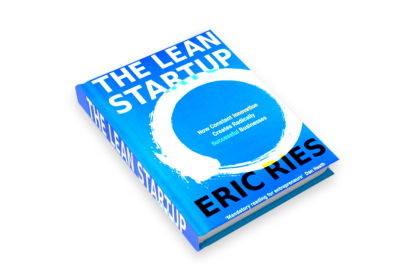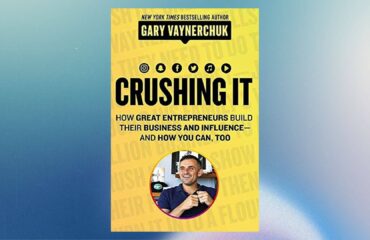
Imagine launching your startup, investing time and resources, only to discover that you’ve built something nobody wants. This is a nightmare scenario for any entrepreneur, yet it’s an all-too-common reality.
Just last year, a widely covered startup collapsed after burning through millions of dollars, primarily because they failed to validate their core assumptions. This is exactly the type of situation that “The Lean Startup” by Eric Ries aims to prevent.
Book Overview
“The Lean Startup” is not just a book; it’s a movement that has transformed how startups operate. Written by Eric Ries, an entrepreneur himself, the book introduces a methodology that has become a cornerstone in the startup world.
It’s particularly relevant for early-stage founders who need to navigate the uncertain waters of launching a new business.
Summary
The central premise of “The Lean Startup” is that startups are experiments. Instead of following a traditional business plan, Ries advocates for a more flexible, iterative approach.
The book outlines the Build-Measure-Learn feedback loop, where startups create a minimum viable product (MVP), gather data from real customers, and then iterate based on what they’ve learned.
This process helps startups pivot or persevere based on validated learning rather than assumptions.
“The Lean Startup” also introduces concepts like innovation accounting, the importance of actionable metrics, and the dangers of vanity metrics. These ideas empower founders to make data-driven decisions that can increase their chances of success.
Key Lessons
– Validated Learning: The most critical takeaway is the concept of validated learning, where startups learn what customers truly want through experiments and iterations.
– Minimum Viable Product (MVP): Instead of perfecting a product before launch, create an MVP to test your hypothesis in the real world.
– Pivot or Persevere: Based on the feedback from the MVP, decide whether to pivot (change direction) or persevere (stay on course).
– Build-Measure-Learn: This cycle is the foundation of the Lean Startup methodology, emphasizing continuous improvement and iteration.
Quotes
– “The only way to win is to learn faster than anyone else.”
– “A startup is a human institution designed to create a new product or service under conditions of extreme uncertainty.”
– “Success is not delivering a feature; success is learning how to solve the customer’s problem.”
Practical Applications
– Validating Your Idea: Before you invest heavily in your product, use the MVP approach to validate whether there’s a real demand. For example, if you’re developing a new app, start with a basic version that includes only the core features. Release it to a small audience and gather feedback. This will allow you to understand whether you’re on the right track before committing more resources.
– Pivoting Based on Feedback: If your MVP doesn’t resonate with customers, don’t be afraid to pivot. This could mean changing your target audience, altering the product features, or even shifting the entire business model. The book encourages embracing these changes as a natural part of the startup journey rather than a failure.
– Measuring What Matters: Focus on actionable metrics that provide insights into customer behavior and product performance. Avoid vanity metrics that may look impressive but don’t contribute to validated learning.
Strengths
– Actionable Insights: The Lean Startup methodology provides a clear, actionable framework that founders can implement immediately.
– Data-Driven Approach: Emphasizing validated learning and actionable metrics helps startups make informed decisions rather than relying on intuition or assumptions.
– Flexibility: The concept of pivoting allows startups to adapt and evolve based on real-world feedback, which is crucial in the fast-paced startup environment.
Weaknesses
– Simplicity vs. Complexity: Some founders argue that the book oversimplifies the complexities of running a startup. The idea of pivoting, for example, might not be feasible for every business, especially those in industries with longer development cycles or higher initial costs.
– Not Industry-Specific: While the principles are widely applicable, some critics feel that the examples provided in the book are too tech-focused and may not resonate with founders in other industries.
Questions for You
– What are the most significant assumptions in your current business idea that need validation?
Reflect on the core assumptions of your startup. Are you certain there’s a demand for your product or service? How can you validate these assumptions before investing more time and resources?
– Which type of experiment or strategy mentioned in the book would be most suitable for your business model, and why?
Consider the MVP approach or the Build-Measure-Learn cycle. How can these strategies be tailored to fit your specific business context?
Join Our Founder Network
As you navigate the challenging world of entrepreneurship, applying the principles of “The Lean Startup” could significantly enhance your chances of success. But theory alone isn’t enough.
Join our Founder Network to connect with like-minded entrepreneurs, receive expert guidance, and put these insights into practice. In our network, you’ll find resources, mentorship, and a community that understands the unique challenges of startup life.
By joining, you’ll have the support you need to apply the Lean Startup methodology to your business and increase your chances of creating a product that truly meets customer needs. Don’t navigate this journey alone—connect with others who are on the same path and learn from their experiences.

Conclusion
“The Lean Startup” by Eric Ries is more than just a guide; it’s a blueprint for navigating the uncertainties of startup life. By focusing on validated learning, creating MVPs, and embracing the Build-Measure-Learn cycle, early-stage founders can significantly improve their chances of success. While the book has its critics, particularly around its simplicity and tech-focused examples, the core principles are widely applicable and have proven effective in countless startups worldwide.
For those ready to take the next step, joining our Founder Network offers the perfect opportunity to put these insights into action, with the support of a community that shares your entrepreneurial spirit.




